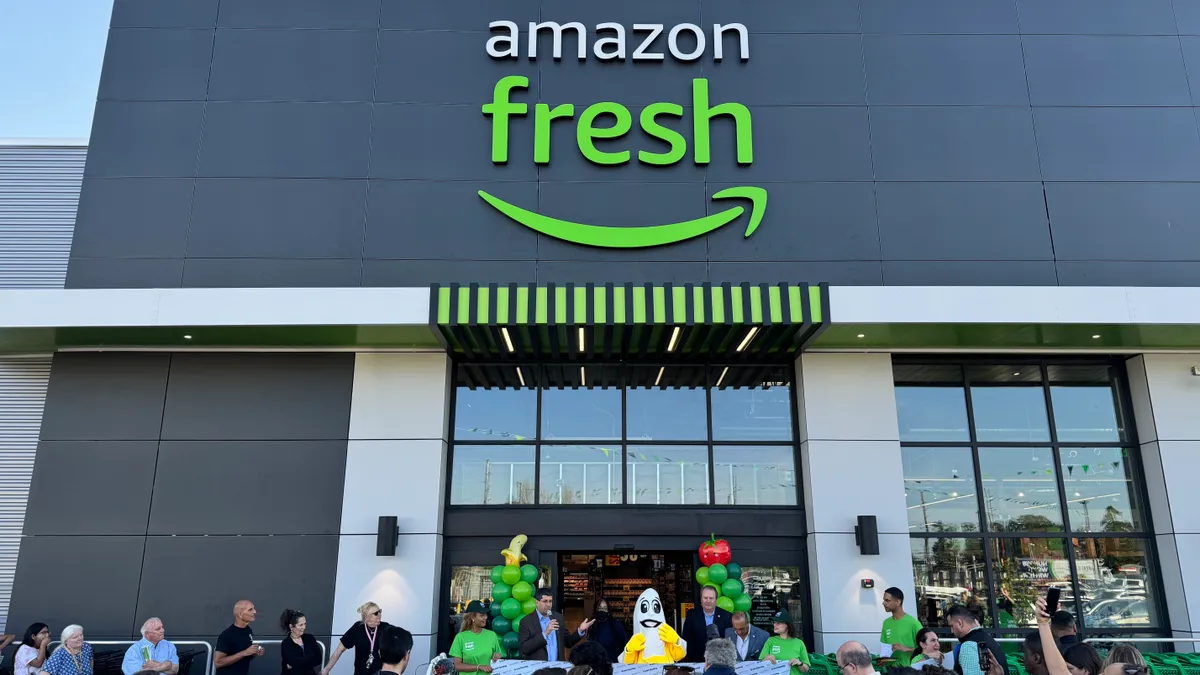As employers assess the toll the COVID-19 pandemic has inflicted on working parents and the families they support, parental leave benefits have become an important retention tool. The trend of employers increasing their leave offerings appeared to continue in 2021, according to a survey that year by Mercer, which found that 61% of respondents offered paid parental leave for birth parents and 60% did so for nonbirth parents, up from 40% and 41% respectively in 2018.
Now that the U.S. economy has entered a more precarious state, some have begun to question whether employers are prepared to reel in previously generous leave policies.
Perhaps the most significant finding to this point comes from the Society for Human Resource Management. In the 2022 version of its annual employee benefits survey, SHRM found that the share of organizations offering paid maternity leave, beyond legal requirements, dropped to 35% from 53% in 2020. Similarly, the share offering paid paternity leave dropped to 27% from 44% in 2020.
The findings may indicate that rising costs have caused employers to consider cutting back on leave benefits, Stephanie Nebes, benefit and payroll specialist at on-demand freelance platform Catalant, said in an email to HR Dive. Employers, she added, may not feel that paid parental leave is a benefit that all employees can, or will, take advantage of and instead decide to put money toward benefits that can apply to all employees.
“Having an employee go out on a paid leave without producing work to the company is an expense,” Nebes said. “And while companies do the best that they can to give their employees time away from work for a myriad of reasons, it is costly. So as a company looks at their total compensation structure, and total rewards, they may determine that the expense of offering expanded paid leaves is not where they want to put their dollars.”
But the findings are contrary to what others have seen from employers, even during a period of recessionary fears.
“What SHRM is reporting in their survey data is not happening, period,” said Rich Fuerstenberg, a senior partner in Mercer’s health practice. “I am not aware of any employer that has eliminated their paid parental leave benefits.”
Fuerstenberg said he is unsure how SHRM’s survey produced the results it did, though he speculated the recorded decline could be due to a number of factors. For example, employers in the survey may have taken paid leave programs previously branded as “maternity leave” or “paternity leave” and rebranded them simply as parental leave programs.
Other reasons may boil down to either the survey methodology or sample size, but this is not certain, he added. SHRM did not respond to an HR Dive request for comment about the survey.
While employers may not be eliminating paid parental leave programs en masse, some have explored or implemented a reduction in the amount of time covered by such programs. In August, The Wall Street Journal reported that streaming service Hulu had cut its paid parental leave policy from 20 weeks to eight.
Still, even for those weighing budgetary cuts, eliminating or even reducing parental leave may not be the best lever to pull, Fuerstenberg said, given that the monetary impact of parental leave can be difficult to quantify.
Instead, employers might look to an area with a clearer price tag. Fuerstenberg used the example of life insurance benefits. “I know that benefit goes down a certain amount,” he said. “There’s a cash reduction there.”
Additionally, paid parental leave is “extremely popular” with employees, Fuerstenberg noted, and its utility is obvious. The U.S. remains one of few industrialized nations — and the only nation within the Organization for Economic Co-operation and Development — to offer no statutory entitlement to paid leave at the national level. Moreover, a recent survey of women by Breeze, an insurer, found that 74% said they would not have any cash savings left after just eight weeks of unpaid maternity leave.
“Moving into 2023, it's clear that employer priorities may be shifting, due to inflation, concerns around a potential recession, and the desire to return to pre-pandemic norms,” Nebes said. “That being said, it’s important to keep in mind that generous parental leave is critically important to attracting and retaining new talent, especially as organizations continue to face ongoing hiring shortages, particularly for high-skilled and specialized positions.”
If employers are concerned about the lack of applicability of parental leave benefits to groups of employees who may not utilize them, Fuerstenberg said that such groups may benefit from other paid leave policies, such as caregiving benefits. Such policies may help to fill gaps in existing benefits packages, he added.
While the availability of paid leave offerings does not necessarily mean employees will use them, Fuerstenberg said he advised employers to embrace their leave policies and commit to them, including encouraging leaders to take parental leave and communicate with employees when they do.
“Having a policy is one thing,” he said, “and embracing it is a different thing that employers haven’t necessarily done yet.”
Editor's note: SHRM responded to HR Dive's request for comment after publication of this story. An article featuring an interview with SHRM researchers can be found here.





















